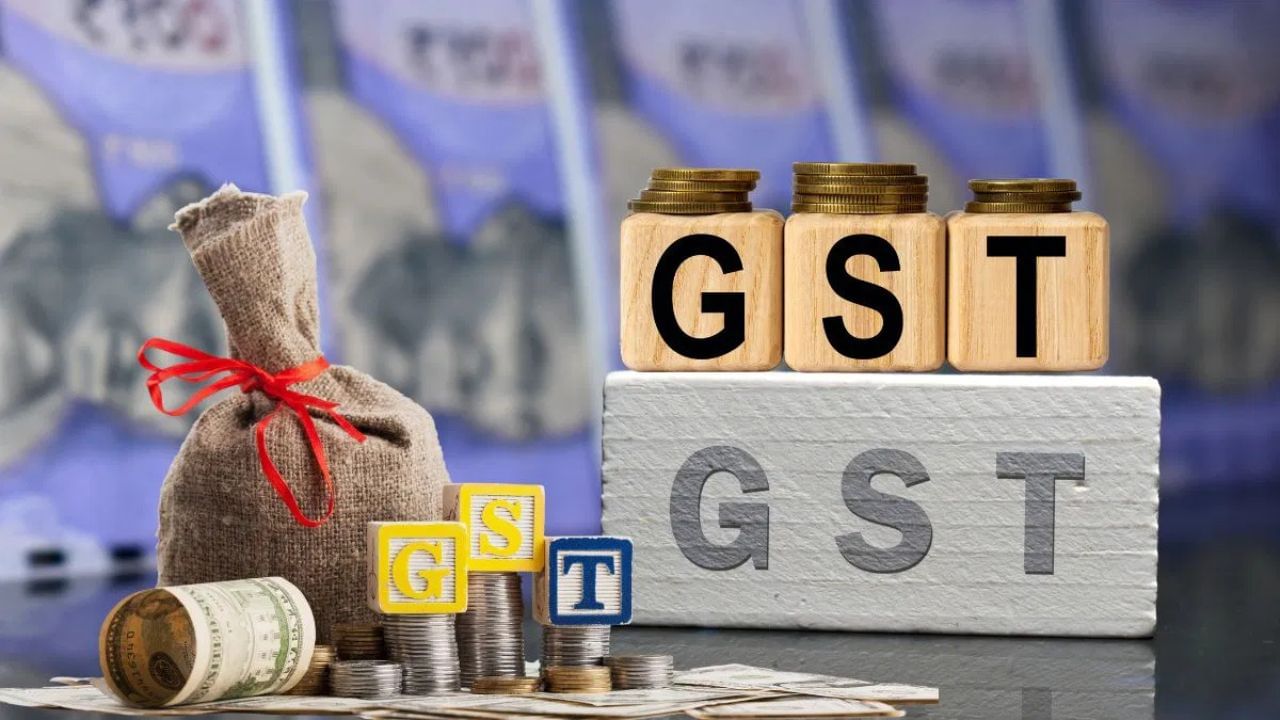Global rating agency Moody’s has given his opinion about the change in India’s recently announced Goods and Services Tax (GST). According to him, this new GST structure will promote shopping, which will give strength to development. But at the same time, this change will affect the income of the government and there is a possibility of increasing fiscal deficit. This means that the government may have difficulty in controlling its expenses and debt.
Middle class will benefit
On September 3, the government has decided to reduce the rates of GST from four levels to only three main rates. Now 5% and 18% will be two common rates, while a new rate of 40% will be applied to certain luxury and expensive items. This change will be applicable from 22 September. Moody’s says that this reform will benefit small and middle class consumers and will increase sales of many industries.
Crisis may come on revenue
However, Moody’s has also warned that the government may face a decrease in tax revenue due to this change. The government has estimated that the tax revenue of about Rs 48,000 crore may be reduced this year, but Moody’s believes that this deficit may be even higher as the new GST structure will remain in force for the entire financial year next year. Due to this, the financial pressure of the government will increase and it will be difficult to reduce debt.
It has also been told in this report that in the recent central budget, some tax reforms, such as increasing income tax exemption, will also interrupt the increase in revenue. India’s debt level is still very high and the government also has to spend huge amount in interest payment. In 2024-25, about 23% of the total revenue of the government will go to pay only interest which is very high. Overall, GST reforms are in line with the government’s development and promoting the goal. But at the same time, the government will have to take precautions to maintain financial balance so that this change does not turn into a fiscal crisis.
